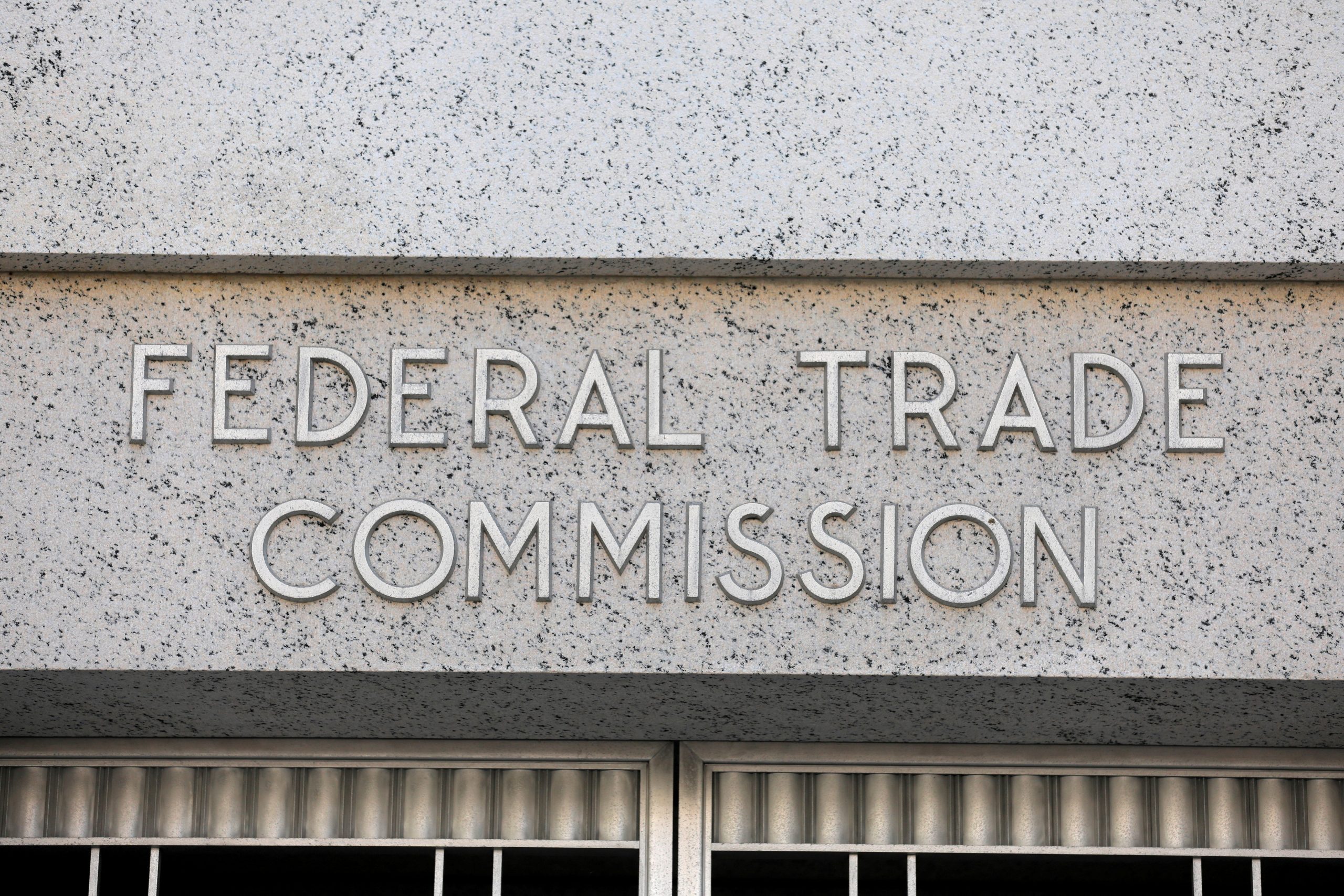
Willie R. Tubbs, FISM News
[elfsight_social_share_buttons id=”1″]
The Federal Trade Commission is out to prove that there is no such thing as free, or at least that a particular tax filing software company has overrepresented the degree to which its services are free.
Tuesday, the FTC announced it had issued an administrative complaint against Intuit, the parent company of TurboTax, and petitioned a federal district court to issue an injunction that would prevent TurboTax from running commercials with the claim that users can file their taxes for free.
Even if consumers are unfamiliar with TurboTax, specifically, it is unlikely many people with access to a TV or the internet will have missed what has become the business’ calling card – commercials depicting minidramas in which all characters say free repeatedly.
The crux of the issue is that the FTC believes TurboTax has misrepresented its business practices by insinuating that most customers would qualify to file their federal taxes for free. In reality, the agency says, about two-thirds of filers in 2020 could not use the free filing option.
“TurboTax is bombarding consumers with ads for ‘free’ tax filing services, and then hitting them with charges when it’s time to file,” Samuel Levine, Director of the Bureau of Consumer Protection, said in a statement. “We are asking a court to immediately halt this bait-and-switch, and to protect taxpayers at the peak of filing season.”
Intuit responded to the FTC before the complaint was made official. On Monday, company executive Vice President and General Counsel Kerry McLean said the company had provided free federal tax filling for hundreds of millions of filers dating to 2014 and was experiencing growth in free filings in recent years.
“The FTC’s arguments are simply not credible,” McLean said. “Far from steering taxpayers away from free tax preparation offerings, our free advertising campaigns have led to more Americans filing their taxes for free than ever before and have been central to raising awareness of free tax prep.”
“Over the past eight years, TurboTax products have helped nearly 100 million Americans file their taxes for free, and our most recent free advertising campaign has only accelerated the use of TurboTax free offerings, driving approximately 60% growth from 11 million free filers in 2018 before the campaign launched to more than 17 million free filers in 2021.”
McLean added that Intuit has operated within the guidelines the IRS provides to companies participating in free-file programs.
“The fact that Intuit complied with the rules and regulations of one government agency, but is now being targeted by another, demonstrates a significant disconnect,” McLean said.
The FTC complaint, however, alleges that through a targeted ad campaign, Intuit has caused taxpayers to share personal information through TurboTax and only learn at the end of a lengthy filing process that there is a fee associated with filing.
Specifically, the FTC pointed out that people who earn farm income, receive 1099s, or work in the gig economy are particularly affected.
While being pursued by the FTC is a new wrinkle, this is not the first time Intuit and TurboTax have attracted anger.
In 2019, ProPublica, a leftwing investigative journalism group, reported that both TurboTax and H&R Block had agreed to help the IRS expand free filing access to more Americans, but had deliberately hidden free file options on Google search results.
